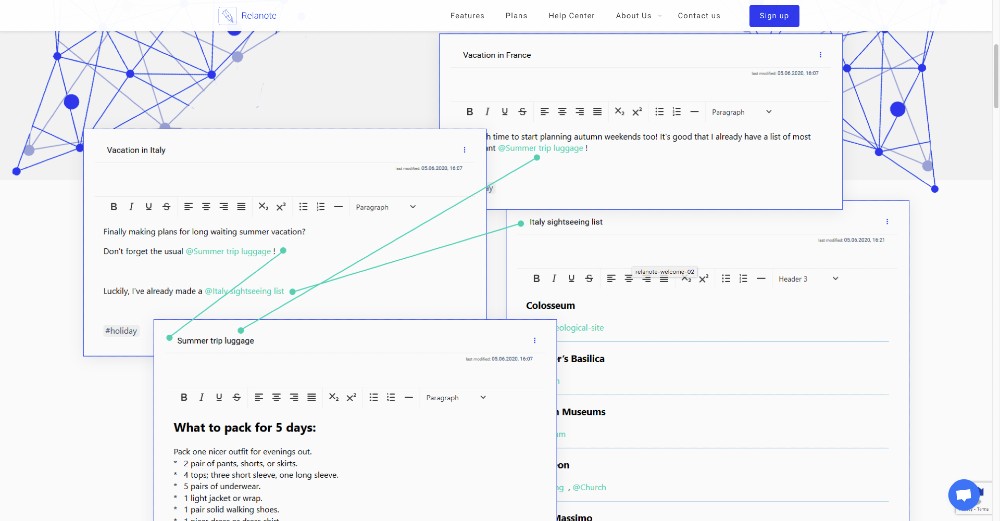With the rise of the web came the adaptation of new rules and regulations; not surprising then that one of the largest issues aside from privacy is copyright issues. Real estate is certainly not exempt from these issues, especially when it comes to photography.
As we’ve covered in depth, real estate copyright issues have lingered for years, with the chain of ownership allegedly violated at nearly every point of publication.
Agents hire a photographer to take listing photos, then (some) MLS systems’ terms of service include fine print stating any uploads through the system become the property of the system. Also, third party companies using the images claim copyright and then there’s the homeowners themselves to consider. To summarize, photography issues are messy.
One photographer has been fighting against the mess, and trying to make sense of the copyright laws. Robert Stevens filed suit against CoreLogic for copyright infringement. He contends CoreLogic stripped critical metadata from images and sold them through a different product without permission or compensation.
Metadata is embedded information such as the photographer’s name, or the copyright owner, geolocation data, time of photo, or camera settings; all of which can be used to identify the authorized copyright owner.
By stripping this information, copyright infringement has allegedly taken place. When you consider that CoreLogic says they represent 17 of the 20 top MLS organizations, the allegations made by Stevens could be one tiny ripple in a very large pond; who knows how many other real estate photographers have experienced a similar metadata stripping.
To summarize what happened; Stevens took a photo and licensed it to a Realtor for use. This Realtor then uploaded the image with metadata to the RAPB (Realtor’s Association of the Palm Beaches) through CoreLogics’s MLS platform. Steven states he has no relationship with CoreLogic or RAPB and did not license either to alter the copyright metadata, but has proof it was indeed altered and then integrated into CoreLogic’s RealQues database and sold without permission or compensation to Stevens.
Stevens, another photographer, Steven Vandal, and their photography company, then filed suit against CoreLogic on May 7, 2014. Since then, it has been a slow process of establishing exactly what happened. There were a few issues regarding discovery and how the information would be used. A number of pending discovery disputes that the Plaintiffs (Stevens and co.) offer in support of their Motion to Continue are not yet ripe for Court intervention, which has led to some unfortunate bumps in the road.
The Plaintiffs’ Motion to Compel is organized into three categories: written discovery related to 17 U.S.C. 1202 mental state elements [violation of of the Digital Millennium Copyright Act (DCMA)], written discovery related to CoreLogic’s Parner InfoNet Program [basically asking for a record of when and how information, especially photographs were sold and transferred in the CoreLogic MLS system], and the depositions of Albert McElmon and Ethan Bailey.
However, on January 14, 2016, Judge Jill L. Burkhardt, addressed all the above issues, in-depth and it looks as though CoreLogic may be in hot water.
Part one: Written discovery
The first issue, addresses that of written discovery related to the 17 U.S.C. §1202. There are seven sections addressing the issue. Briefly:
Section “A” (Production 2) deals with the Plaintiffs’ request for information regarding “any actually or potential assignment of copyrights in real estate photographs to any MLS at any time from October 28, 1998 to May 7, 2014.” The Court denied the claim as it would “limit the discovery” the Plaintiff is seeking.
Section “B” (Interrogatory Nos. 11-12) “seeks information regarding the efforts of CoreLogic and other, to the extent that CoreLogic is aware, ‘to have photographers assign their copyrights in real estate photographs to any MLS at any time from October 28, 1998 to May 7, 2014.’” The Motion to Compel was denied, however, CoreLogic must provide a verified response that either “identifies any assignment efforts of which CoreLogic is aware, or states that the identified documents reflect all of the assignment efforts” before January 28, 2016.
Section “C” (Request for Production No. 3) seeks documents relating to “any DMCA notices [CoreLogic] received at any time from October 28, 1998 to May 7, 2014.” The Court found that the Plaintiffs’ requests were improperly narrow (and their Motion was denied until it’s revised), but CoreLogic shall produce all documents related to the DMCA notices on or before January 28, 2016.
Section “D” (Interrogatory No. 7) seeks information identifying “all software that read any metadata tag/field on digital photographs at any time from October 28, 1998 to May 7, 2014.” The Plaintiff’s Motion was found to be overbroad, but shall be narrowed appropriately and CoreLogic shall produce verified supplemental responses to this narrowed revision on or before January 28, 2016.
Section “E” (Request for Production No. 4) seeks documents CoreLogic received “from any attorney regarding this lawsuit prior to being served with the complaint on August 28, 2014. This Motion was granted and the CoreLogic shall produce the documents on or before January 28, 2016.
Section “F” (Request for Production No. 5) seeks “in native format, the organizational charts described during the deposition of [CoreLogic’s] employee Leticia Ocamp during the time period of 2011 to present.” The Motion was denied as a previous request seeking identical information was made.
Section “G” (Interrogatory Nos. 1-6, 19) seeks information “related to CoreLogic’s employment of both current and former in-house counsel, outside law firms, and software engineers.” CoreLogic will be compelled to provide the information, however, the Plaintiffs will need to revise their overbroad terms into something more specific (exactly what documents they seek and from whom).
Part two: CoreLogic’s InfoNet Program
The second section deals with written discovery related to the InfoNet Program. The Plaintiffs are requesting information related to the prospective users of CoreLogic’s Partner InfoNet Program, including reports and other documents regarding the internal workings, functionality, and financial status of the Partner InfoNet Program.
The Plaintiffs will revise their over-broad requests and CoreLogic will produce all documents in their custody and control, including to those documents sent and received from any related or prospective MLS partners of the Partner InfoNet Program, including prospective users of the products: RealQuest Pro, Appraisal Suite, Connect2Data, MLS Data Packages, Bulk Licensing Web Service, MLS Listing-Other, Advisory, Onsite and Onsite Plus, BPO Check, and LSAM that refer to or address issues of rights to display photographs and/or copyright infringement.
Part three: Depositions
The final section addresses the depositions of Albert McElmon and Ethan Bailey. The Motion seeks to compel the continuation of the September 2, 2015 deposition of McElmon and Bailey. The Court denied the Motion to continue deposing them stating that they had ample time, they simply chose not to use is wisely.
In summary
To summarize, CoreLogic will be compelled to provide the following evidence:
- A verified response as to whether or not the assignments reflect identified documents
- Produce all documents related to the DMCA notices
- Produce verified supplemental responses to the metadata tag/field request
- Produce documents regarding previous legal consultations
- Provide documents regarding previous employees: in-house counsel, outside law firms, and software engineers
- Provide all documents in their custody and control, including to those documents sent and received from any related or prospective MLS partners which is quite an extensive list.
As the deadline for providing this information was last week, it will be interesting to see what the next steps will be for CoreLogic.
Will the court decide that they have indeed violated the copyright laws, or will the decide that Stevens does not quite have enough information to make a case?
Jennifer Walpole is a Senior Staff Writer at The American Genius and holds a Master's degree in English from the University of Oklahoma. She is a science fiction fanatic and enjoys writing way more than she should. She dreams of being a screenwriter and seeing her work on the big screen in Hollywood one day.














































